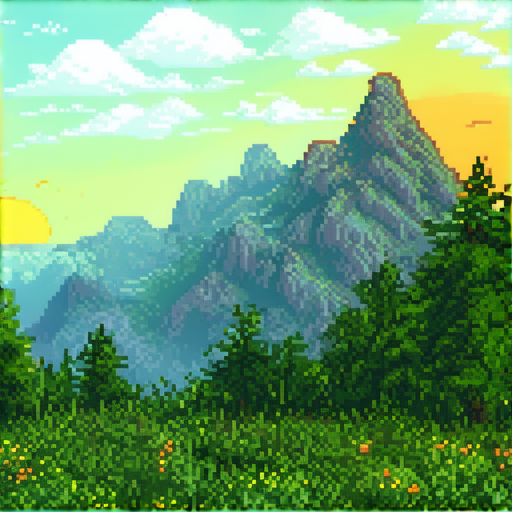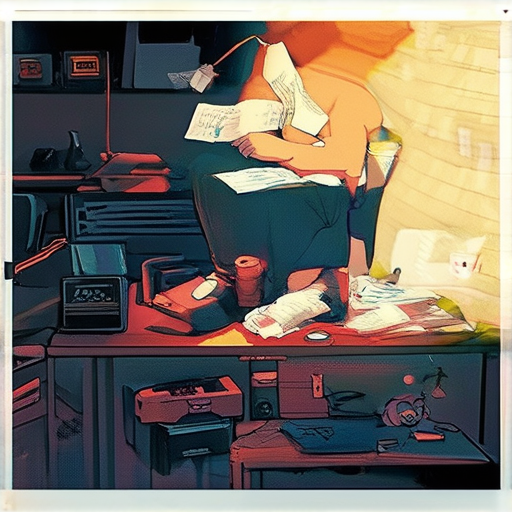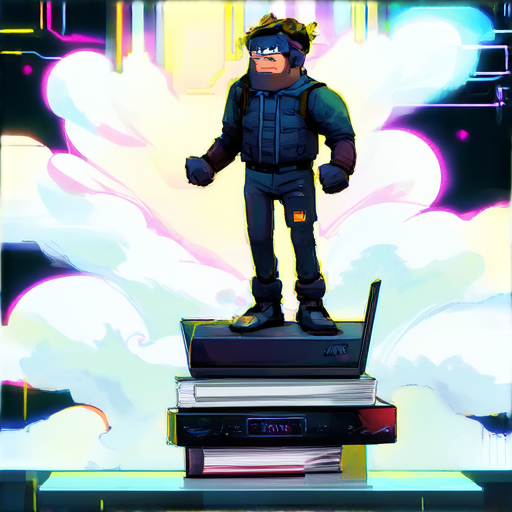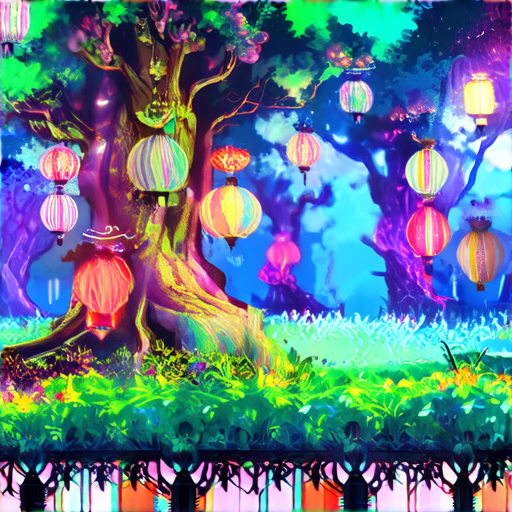As the gaming industry continues to evolve, independent game developers have emerged as a driving force behind innovative and captivating experiences. With the rise of digital platforms and accessible development tools, indie game dev blogs have become a valuable resource for aspiring developers seeking guidance, inspiration, and community support. From success stories of indie game developers who have turned their passions into lucrative careers to insightful discussions on game development blogs, there is a wealth of information available to those willing to learn and adapt.

Top Indie Game Developers to Know
-
The Best Indie Game Developers
- We’re proud to showcase our favorite indie game developers who have made significant contributions to the gaming industry.
- From critically acclaimed titles to innovative gameplay mechanics, these developers have consistently pushed the boundaries of what’s possible in game development.
-
Indie Game Development Resources
- As an indie game developer ourselves, we understand the importance of having access to valuable resources and tools to aid in the creative process.
- That’s why we’ve compiled a list of essential resources for indie game developers, including tutorials, reviews, and tips on game creation, development tools, design techniques, marketing strategies, and community stories.
-
Notable Indie Game Developers
- Cuphead Studio – Known for their challenging run-and-gun gameplay and stunning hand-drawn animation, Cuphead Studio has become a household name among gamers.
- Klei Entertainment – With a portfolio that includes games like Don’t Starve and Invisible Inc., Klei Entertainment has established itself as a leader in the indie game development scene.
- Supergiant Games – Their critically acclaimed titles, such as Pyre and Bastion, have showcased their ability to craft immersive storytelling experiences.
- Hyper Light Drifter Developer Heart Machine – This studio has gained recognition for its visually stunning and emotionally charged games, including Hyper Light Drifter.
- Team Cherry – As the developers behind Hollow Knight, Team Cherry has proven themselves to be masters of atmospheric storytelling and exploration-based gameplay.
-
Why These Developers Stand Out
- Each of these developers has brought something unique to the table, whether it’s innovative gameplay mechanics, captivating storytelling, or beautiful visuals.
- They’ve demonstrated a commitment to pushing the boundaries of what’s possible in game development, often taking risks and experimenting with new ideas.
- Their passion and dedication to their craft have resulted in some truly unforgettable gaming experiences.
-
Conclusion
- In conclusion, these indie game developers have made significant contributions to the gaming industry, and their work continues to inspire and captivate audiences worldwide.
- We’re honored to recognize their achievements and look forward to seeing what they’ll create next.
Are Indie Game Developers Successful?
As an indie game developer myself, I can confidently say that we have seen significant growth in our field over the past few years.
- The success of indie games has led to increased opportunities for developers to showcase their work and connect with potential players.
- This shift towards indie gaming has also opened doors for new talent to enter the market, bringing fresh ideas and perspectives to the table.
Key Factors Contributing to Indie Game Developer Success
- Access to Resources: With the rise of digital distribution platforms like Steam, GOG, and the Epic Games Store, indie developers now have access to a vast audience and can easily distribute their games worldwide.
- Community Engagement: Social media platforms, online forums, and gaming communities have made it easier for indie devs to connect with fans, gather feedback, and build a loyal following.
- Game Development Tools: Advances in game engines like Unity and Unreal Engine have streamlined the development process, making it more accessible and cost-effective for indie developers.
- Marketing Strategies: The internet and social media have democratized marketing, allowing indie devs to promote their games effectively and reach a wider audience.
Challenges Faced by Indie Game Developers
- Funding: Securing funding for game development remains a significant challenge for many indie devs, who often rely on crowdfunding, personal savings, or small investments.
- Competition: The sheer number of indie games released every year makes it difficult for individual titles to stand out and gain traction.
- Time Management: Balancing development, marketing, and maintenance tasks can be overwhelming for solo developers or small teams.
Best Practices for Indie Game Developers
- Focus on Quality: Prioritize gameplay, storytelling, and overall player experience to create a memorable and engaging game.
- Build a Community: Engage with fans through social media, forums, and live events to foster a loyal following and gather valuable feedback.
- Stay Up-to-Date: Continuously update and improve your game based on player feedback and emerging trends in the industry.
- Promote Your Game: Utilize social media, influencer partnerships, and targeted advertising to reach a broader audience and increase visibility.
Conclusion
While there are challenges associated with being an indie game developer, the rewards far outweigh the difficulties. By focusing on quality, building a community, staying up-to-date, and promoting your game effectively, you can increase your chances of success in this exciting and rapidly evolving industry.

How Much Does an Indie Game Developer Make?
The average annual pay for an Indie Game Developer in the United States is $108,471 per year.
- This translates to approximately $5,215 per hour
- Or $2,085 per week
- And $9,039 per month
Indie Game Development Salary Breakdown
- Game Design: $60,000 – $100,000 per year
- Programming: $80,000 – $120,000 per year
- Art and Animation: $50,000 – $90,000 per year
- Sound Design: $40,000 – $70,000 per year
- Testing and Quality Assurance: $30,000 – $60,000 per year
Factors Affecting Indie Game Developer Salaries
- Experience: More experienced developers tend to earn higher salaries
- Location: Developers based in major cities or hubs tend to earn higher salaries
- Project Type: Developers working on high-profile or AAA titles tend to earn higher salaries
- Skills: Developers with specialized skills, such as programming languages or art software, tend to earn higher salaries
Conclusion
As an indie game developer, your salary can vary greatly depending on factors such as experience, location, project type, and skills. However, with dedication and hard work, it’s possible to earn a comfortable income and pursue a fulfilling career in the gaming industry.

Is it Possible to be an Indie Game Developer?
As an aspiring game developer, you may wonder if it’s feasible to pursue a career in the gaming industry without the backing of a large corporation.
- Yes, it is possible to be an indie game developer, and many successful games have been created by individuals or small teams.
- The rise of digital distribution platforms, such as Steam and GOG, has democratized access to game development and publishing, making it easier for indie developers to reach a global audience.
- With the right skills, knowledge, and resources, you can create high-quality games that compete with those developed by larger studios.
Benefits of Being an Indie Game Developer
- Autonomy**: As an indie developer, you have complete control over your project, allowing you to make decisions quickly and adapt to changing circumstances.
- Creative Freedom**: With fewer constraints, you can experiment with innovative ideas and push the boundaries of what’s possible in game development.
- Flexibility**: Indie development allows you to work on projects that align with your interests and passions, enabling you to create games that truly reflect your vision.
Challenges Faced by Indie Game Developers
- Funding**: Securing sufficient funding is often a significant challenge for indie developers, who may need to rely on crowdfunding, loans, or personal savings to finance their projects.
- Marketing**: Reaching a wider audience and generating buzz around your game can be difficult, especially when competing with larger studios and established franchises.
- Technical Challenges**: Indie developers often face technical hurdles, such as optimizing game performance, debugging issues, and ensuring compatibility with various hardware configurations.
Getting Started as an Indie Game Developer
- Develop Your Skills**: Acquire the necessary programming languages, game engines, and software development kits (SDKs) to create games.
- Choose a Game Engine**: Select a suitable game engine, such as Unity or Unreal Engine, to streamline your development process and take advantage of built-in features.
- Create a Business Plan**: Establish a solid business plan, outlining your goals, target audience, marketing strategy, and financial projections.
- Join Online Communities**: Connect with other indie developers through online forums, social media groups, and conferences to share knowledge, resources, and experiences.
Conclusion
Becoming an indie game developer requires dedication, hard work, and perseverance. While there are challenges to overcome, the benefits of autonomy, creative freedom, and flexibility make it an attractive career path for those passionate about game development.
Can Indie Developers Make AAA Games?
The short answer is yes, but with significant challenges.
- Resource Intensity: AAA games require massive amounts of content, complex systems, and high-quality graphics, which demand substantial resources, including funding, personnel, and expertise.
- Development Time: Creating a AAA game takes years, often involving hundreds of people working together, whereas indie developers typically work alone or with a small team.
- Budget Constraints:
Indie developers face severe budget constraints, making it difficult to match the scope and scale of AAA games. However, there are ways to overcome these limitations.
- Focus on Core Mechanics: Indie developers can concentrate on developing strong core mechanics, rather than trying to replicate every aspect of a AAA game.
- Streamline Development: By streamlining development processes, indie devs can reduce costs and increase efficiency, allowing them to deliver high-quality experiences despite limited resources.
- Community Engagement: Building a loyal community can help indie developers gather feedback, test their game, and generate buzz, ultimately leading to a successful launch.
- Collaboration and Outsourcing: Partnering with other developers, studios, or freelancers can provide access to additional skills, expertise, and resources, helping to bridge the gap between indie and AAA development.
While indie developers face significant challenges in creating AAA games, it’s not impossible. With careful planning, resource management, and a willingness to adapt, indie devs can produce high-quality experiences that rival those of larger studios.
Key Takeaways:
- Focus on core mechanics: Develop strong core gameplay mechanics to create a solid foundation for your game.
- Streamline development: Optimize your development process to reduce costs and increase efficiency.
- Engage with your community: Build a loyal community to gather feedback, test your game, and generate buzz.
- Collaborate and outsource: Partner with other developers, studios, or freelancers to access additional skills, expertise, and resources.
Conclusion:
Creating AAA games as an indie developer requires dedication, creativity, and perseverance. While the challenges are significant, the rewards can be substantial. By focusing on core mechanics, streamlining development, engaging with your community, and collaborating with others, indie devs can produce high-quality experiences that compete with the best of the AAA industry.

Hours Worked by Indie Game Developers
As an indie game developer myself, I can attest that working long hours is a common phenomenon in our industry.
- Standard Working Hours: Typically, indie game developers work around 40 to 50 hours per week, which is comparable to a standard full-time job schedule.
- Crunch Time: However, during periods of intense work before project milestones or release dates, known as “crunch time,” we may work up to 60-80 hours per week.
- Impact on Work-Life Balance: These extended working hours can take a toll on our personal lives, making it challenging to maintain a healthy work-life balance.
- Importance of Self-Care: As indie game developers, it’s essential to prioritize self-care and set realistic goals to avoid burnout and maintain productivity.
- Industry Trends: According to recent studies, the gaming industry is shifting towards a more sustainable approach to game development, emphasizing employee well-being and work-life balance.
- Best Practices: To mitigate the effects of crunch time, consider implementing flexible work arrangements, providing regular breaks, and encouraging open communication among team members.
- Resources: For more information on managing work-life balance and avoiding burnout, check out our articles on work-life balance and burnout prevention.
By prioritizing our well-being and adopting sustainable development practices, we can create a healthier and more productive environment for ourselves and our teams.




0 Comments